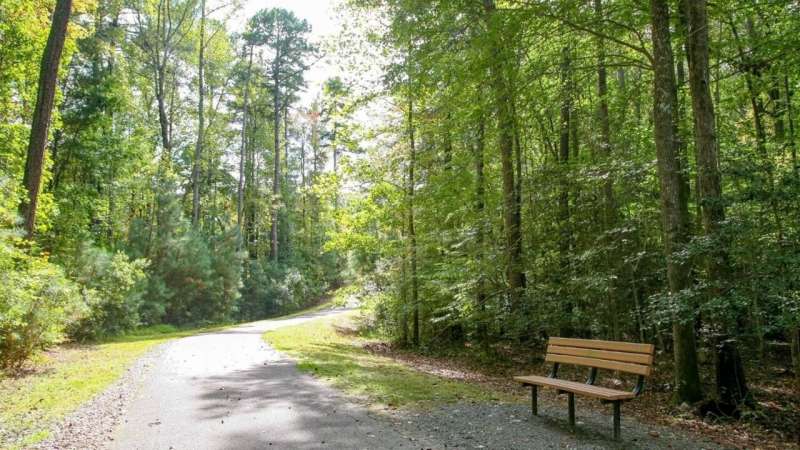Abstract
COVID-19 is reshaping human interactions with the natural environment, potentially generating profound consequences for health and well-being. To assess the effects of COVID-19 on the outdoor recreation participation and subjective well-being of adolescents, as well as how participation in outdoor activities may mitigate declines in subjective well-being, we used a Qualtrics XM panel to conduct a nationally representative survey of youth ages 10–18 across the United States (n = 624) between 30 April and 15 June 2020. Survey questions focused on frequency of participation in outdoor activities before and during the pandemic, as well as changes in subjective well-being. Paired t-tests revealed decreases in both outdoor recreation participation (64% reported declines) and subjective well-being (52% reported declines). A regression model examining correlates of changes in subjective well-being (R2 = 0.42) revealed strong associations with changes in outdoor play (B = 0.44, p < 0.001) and nature-based (B = 0.21, p = 0.016) activities. Adolescents’ from all backgrounds who participated in these activities during the pandemic reported smaller declines in subjective well-being. Results highlight the critical role that time outdoors and time in nature play in bolstering adolescents’ resilience to stressors such as the COVID-19 pandemic and underscore the need to facilitate outdoor recreation opportunities for youth during times of crisis.
Research Authors:
S. Brent Jackson, Kathryn T. Stevenson, Lincoln R. Larson, M. Nils Peterson and Erin Seekamp

